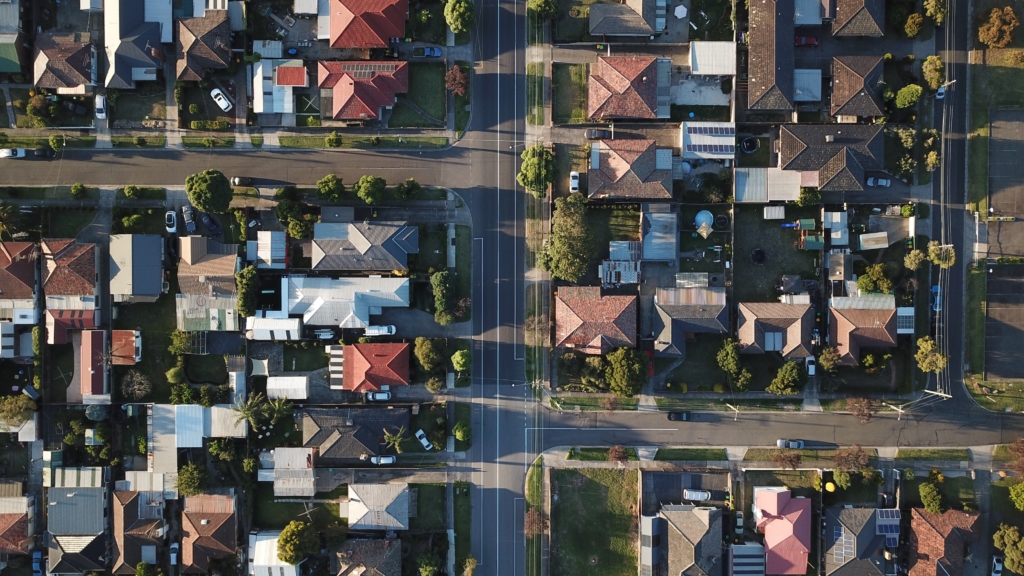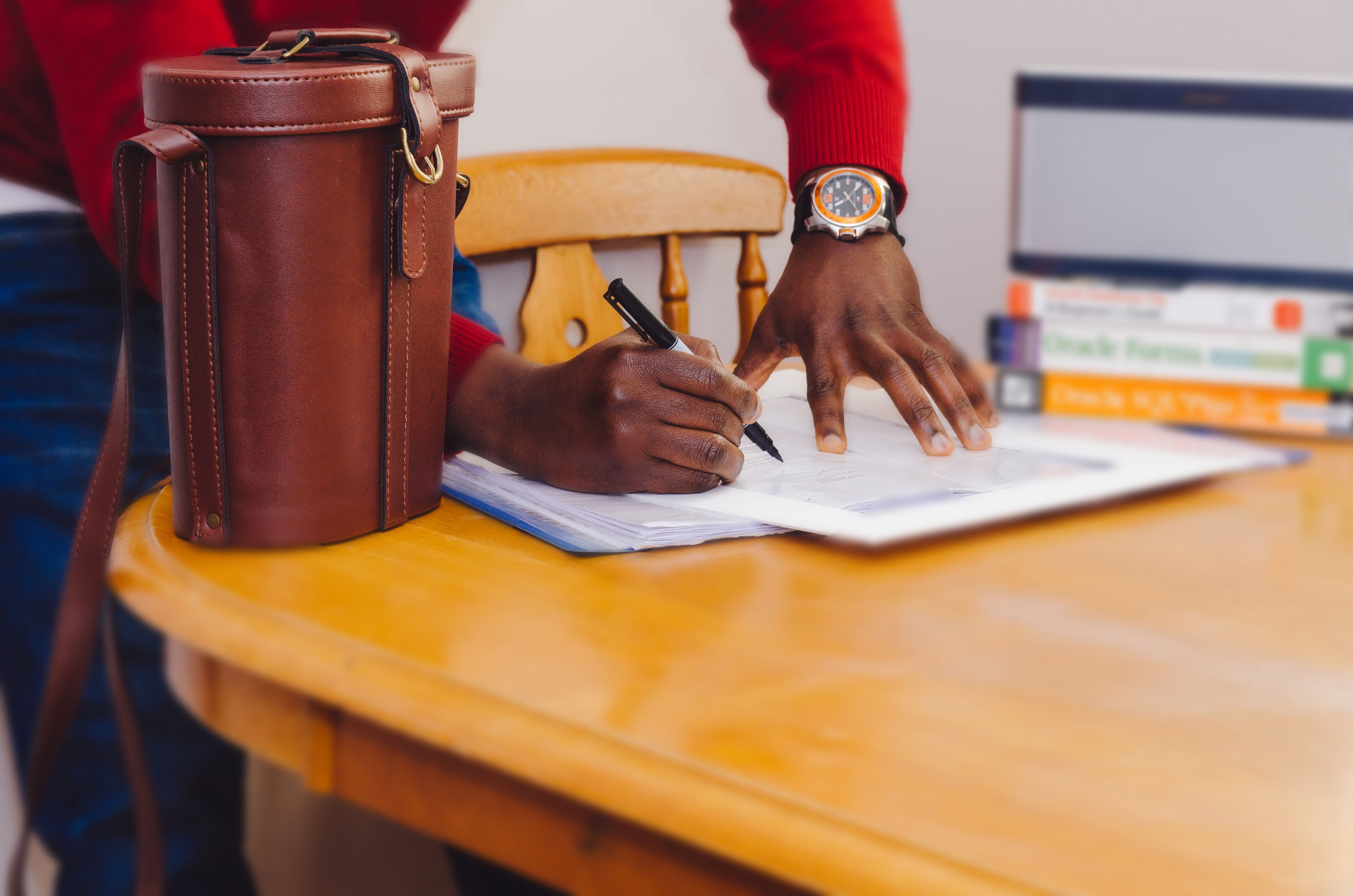
What Happens at Closing for the Buyer?

Preparing for a Stress-Free Closing on a House: Steps and Essentials for Home Buyers
Closing day is an exciting day for home buyers. You’ve made it to the finish line and the end is in sight finally! However, there are just a few final steps that need to happen. We’ve outlined what happens at closing for the buyer, to help your closing process be stress-free.
How to Prepare for Closing on a House
Make sure to review the closing disclosure, which outlines the final monetary terms of your loan, any closing costs, and outstanding fees. Your lender will send you all of those documents at least three days before closing on a house, so you have a chance to review it. This way, you can read ahead, before you officially sign the documents at the title agency. Two items you will want to do; schedule a final walk-through of the home with your agent, checking for any home-related issues; and transfer the utility bills to your name, starting on the day of closing.

What to Bring when Closing on a House
Part of what happens at closing is reviewing all of the legal documents to sign, but make sure to bring these 3 things with you on the day of closing:
- Each buyer needs a government issued photo I.D., such as a driver’s license
- A certified or cashier’s check for the closing costs that you will owe and made out to the title or closing company
- Any additional paperwork that you have not yet provided to the title company or mortgage loan officer (i.e., a condo approval letter or originals of copies you’ve provided for the other documents)
Documents Received when Closing on a House
When you sit down at the table at your title office, this is a rough outline of the paperwork you’ll sign:
- The loan estimate: this includes the interest rate of your loan and closing costs;
- The closing disclosure: the details of your mortgage payments;
- The escrow statement: this includes payments the lender will pay from your escrow account;
- Mortgage note: this document states your commitment to pay your mortgage;
- Deed of trust: this document secures the mortgage note and the title to the property is given to you;
- Certificate of occupancy: if you’re buying a newly-constructed home, this is a legal document stating you can move in.
Once you’ve reviewed and signed all the documents, the keys will soon be yours! You’re a brand-new homeowner!
Have more questions or want professional advice on buying or selling a home?
Contact us at [email protected] or (503) 926-5213. We’re here to address all your real estate needs!




